
Illustration photo: Tuan Anh/VNA
Implementing Resolution No. 66-NQ/TW of the Politburo on innovation in law-making and enforcement to meet the requirements of national development in the new era, the Ministry of Construction has presided over the drafting of the Construction Law (amended) with the spirit of comprehensive reform, continuing to improve institutions and policies to promote the development of this field. In just a short time, the Draft Law has been completed with many new points, attracting the attention and consensus of experts as well as National Assembly deputies.
As someone who participated in the drafting of the 2003 Construction Law, Associate Professor Dr. Tran Chung - Chairman of the Vietnam Association of Road Traffic Construction Investors (VARSI) highly appreciated the process of preparing the draft law as well as the efforts to innovate in this amendment.
According to Mr. Chung, if the 2003 Construction Law took nearly 4 years to build, this amendment achieved record progress, with 141/168 articles being researched, supplemented and amended in a short time.
The draft clearly demonstrates the spirit of "innovation in law-making", especially in the contents related to administrative procedure reform, simplification of investment conditions and construction activities. The most prominent reform point is the classification of investment projects no longer based on capital sources but on investment forms. This approach helps to clearly distinguish two stages: investment and construction, and at the same time overcome legal conflicts between related laws in the past, avoiding congestion and loss of investment opportunities - Mr. Tran Chung commented.
According to this expert, the investment phase will be regulated by relevant laws such as the Law on Public Investment and the Law on Investment under the Public-Private Partnership (PPP) method, while construction activities continue to comply with the provisions of the Construction Law. This distinction helps the legal system become more transparent, consistent and easier to enforce.
One of the notable improvements of the draft is the concretization of steps to implement administrative procedures, instead of just stopping at the slogan "simplification". The new law clearly stipulates the rights and obligations of state management agencies and entities participating in construction investment activities.
The specialized agency only appraises the Feasibility Study Report, including the basic design (FEED). After the project is approved, the investor will be responsible for appraising and approving the technical design. Thus, the responsibility for the design quality of the steps after the basic design belongs to the investor. This helps to clearly define the roles, responsibilities and powers of each entity, while enhancing the autonomy and accountability of the investor - Mr. Chung analyzed.
The issue of “Construction Permits” has long been considered one of the major bottlenecks in construction activities. Many cumbersome procedures and long waiting times have caused a lot of trouble for people and businesses. This draft Law on Construction (amended) is expected to overcome the “defects” of the licensing mechanism, through clearly and transparently stipulating the conditions for licensing after completing all steps in the investment process.
“The complexity of the licensing process should not be allowed to erode the trust of the people and investors in the law. Making conditions transparent and shortening the process is a practical way to restore that trust,” Mr. Tran Chung affirmed.
Another new point highly appreciated by the business community is the adjustment of construction capacity conditions, shifting from organizational assessment to individual capacity assessment. This regulation is consistent with the digital transformation trend and practical requirements of the modern economy .
According to Mr. Tran Chung, in the context of rapid technological development, individual capacity is not only measured by professional qualifications or experience, but also by the ability to create, adapt and apply new technology to construction practices. This is the basis for forming a team of engineers, architects and construction experts with the capacity to innovate, improve productivity, quality of construction and be more environmentally friendly.
From local practice, Mr. Le Huu Tri - Deputy Head of the National Assembly Delegation of Khanh Hoa province, also said that the draft Law on Construction (amended) this time shows a strong reform spirit in management thinking with four outstanding points in the draft, the first of which is innovation in the approach to managing construction investment projects.
The shift from classification by capital source to management by investment form (public investment, PPP, business investment, individual investment) helps avoid overlaps, ensures consistency with investment and budget laws, and contributes to improving the effectiveness of state management.
The next milestone that the public is looking forward to is the simplification of administrative procedures. The draft changes many steps from “pre-inspection” to “post-inspection”, reduces design appraisal procedures and shortens the construction permit issuance process. In particular, it expands the scope of works exempted from permits, while strengthening the post-inspection mechanism to ensure order and discipline in construction activities.
The application of digital transformation is being promoted. According to Mr. Le Huu Tri, this is also the first time the Law clearly stipulates the application of building information modeling (BIM), cost management, progress and quality of construction on a digital platform. This is a step in line with international trends, helping to make information transparent, save costs and time, and at the same time create a foundation for smart construction management.
In particular, the Draft Law on Construction (amended) has added regulations on green and sustainable development. Accordingly, the Draft encourages the use of environmentally friendly materials, the development of smart cities, ecological cities and increased adaptability to climate change. This is an important orientation towards a sustainable construction industry, contributing to the country's green growth goals.
Experts generally commented that the practical implementation of the 2014 Construction Law shows that, after nearly 10 years of implementation, many regulations have revealed inadequacies or are no longer suitable to the new requirements of the economy and the legal system. In addition, the birth of many new laws such as the Planning Law, the Public Investment Law, the Bidding Law (amended)... also poses an urgent need for synchronization and unity.
Therefore, this amendment to the Construction Law is considered an important step in the process of perfecting the development institution, ensuring consistency between laws, while enhancing management efficiency, improving the investment environment and national competitiveness.
After the Law is passed by the National Assembly, the implementation guidance will be the key step and also a big challenge for the Government. The issuance of decrees and guiding circulars must ensure clarity, feasibility and consistency, and at the same time, receive comments from the subjects regulated by the law - including enterprises, investors, consulting organizations and local management agencies.
Mr. Tran Chung emphasized that in order for the Law to soon come into effect, the drafting agency and the Government need to listen to opinions from practice, ensuring that the guiding regulations are both complete and suitable to the implementation capacity of each level of government.
Source: https://baotintuc.vn/thoi-su/luat-xay-dung-sua-doi-toi-gian-thu-tuc-nang-cao-trach-nhiem-20251113152617280.htm


![[Photo] Deep sea sand deposits, ancient wooden ship An Bang faces the risk of being buried again](https://vphoto.vietnam.vn/thumb/1200x675/vietnam/resource/IMAGE/2025/11/13/1763033175715_ndo_br_thuyen-1-jpg.webp)
![[Photo] General Secretary To Lam visits Long Thanh International Airport Project](https://vphoto.vietnam.vn/thumb/1200x675/vietnam/resource/IMAGE/2025/11/13/1763008564398_vna-potal-tong-bi-thu-to-lam-tham-du-an-cang-hang-khong-quoc-te-long-thanh-8404600-1261-jpg.webp)






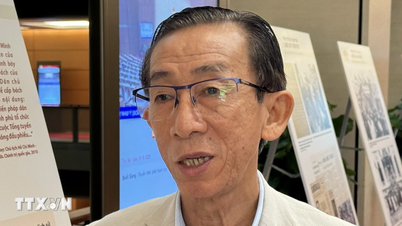

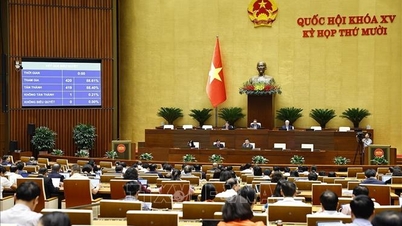
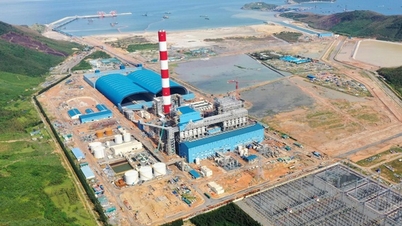

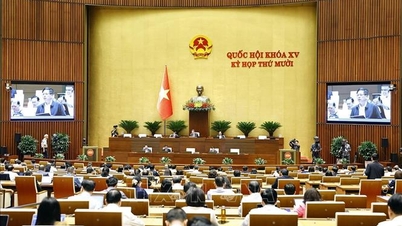
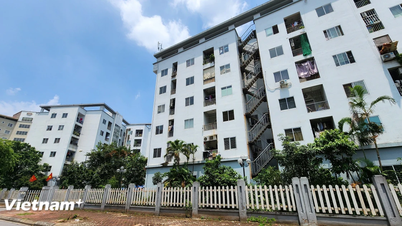
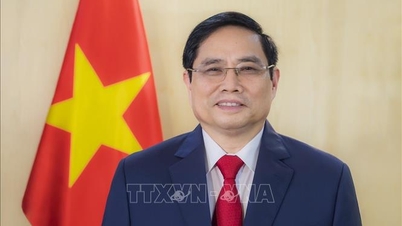
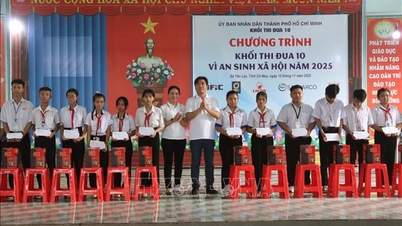


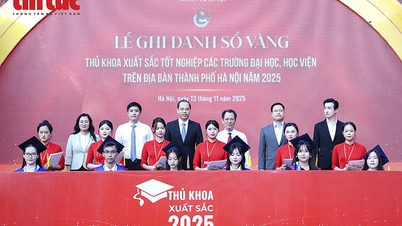
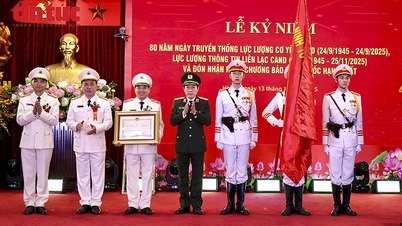
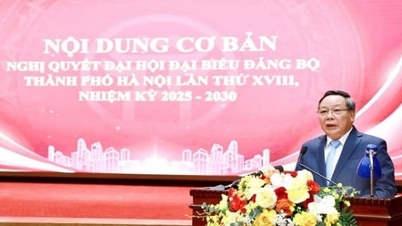








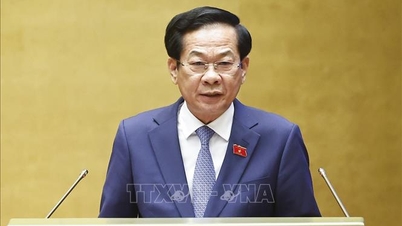

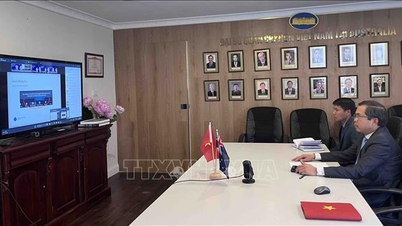


















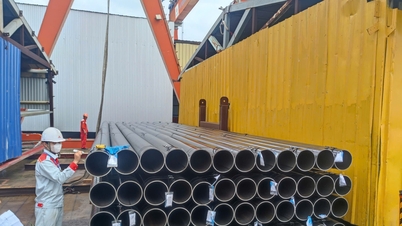














![[Photo] Panorama of the 2nd Vietnam-Cambodia Border Defense Friendship Exchange](https://vphoto.vietnam.vn/thumb/402x226/vietnam/resource/IMAGE/2025/11/13/1763033233033_image.jpeg)
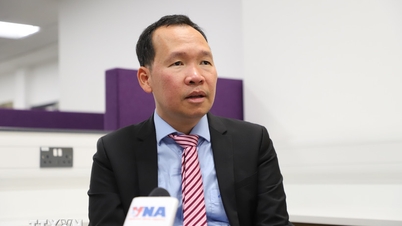


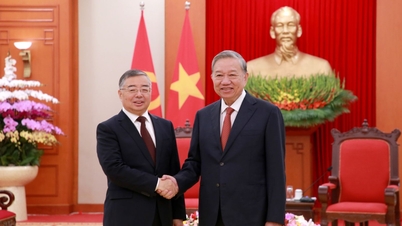

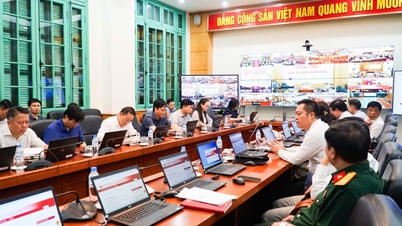

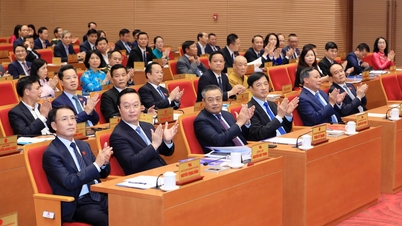

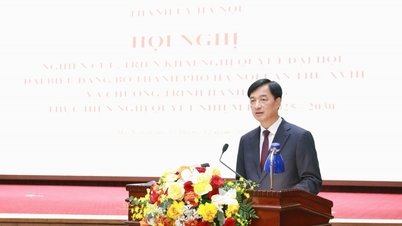
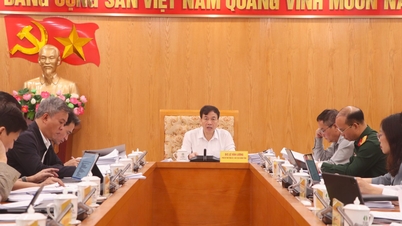


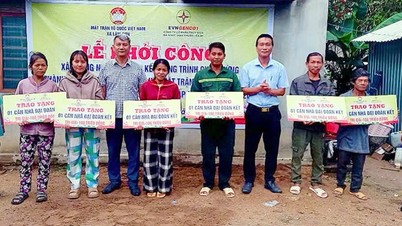
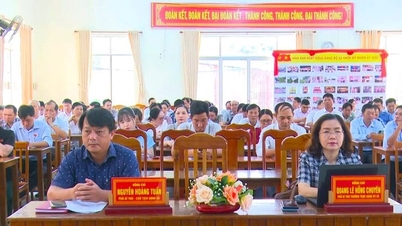



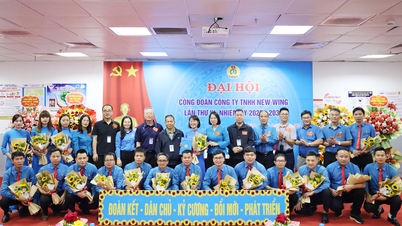






![Dong Nai OCOP transition: [Article 3] Linking tourism with OCOP product consumption](https://vphoto.vietnam.vn/thumb/402x226/vietnam/resource/IMAGE/2025/11/10/1762739199309_1324-2740-7_n-162543_981.jpeg)







Comment (0)